Observatories and Telescopes of Modern Times: Ground-Based Optical and Radio Astronomy Facilities since 1945
This volume gives an historical overview of the development of professional optical and radio observatories from 1945 to today. It covers the environment in which these facilities were developed by organisations in the United States, Europe and elsewhere, often led by larger-than-life individuals, as well as exploring the financial and political factors that both constrained and encouraged progress. As ever more expensive optical facilities were built, they exploited new technologies to significantly improve their performance: CCDs, active and adaptive optics, and spun honeycomb and segmented mirrors. The second half of this volume turns to the parallel history of radio astronomy facilities throughout the world, finishing with the ALMA observatory in Chile. This is the ground-based companion to the author's previous work on space astronomy, New Cosmic Horizons (2001). It is written for both technical and non-technical readers interested in the modern history of astronomy and its observational facilities.
{{comment.content}}
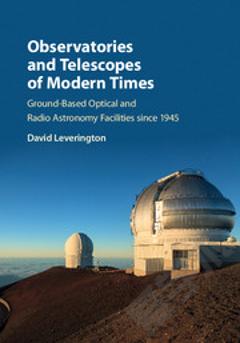

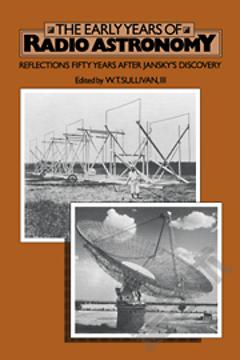
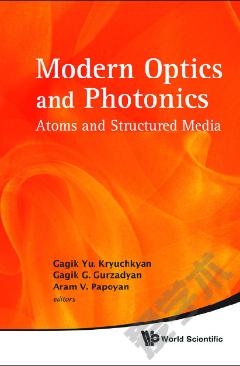

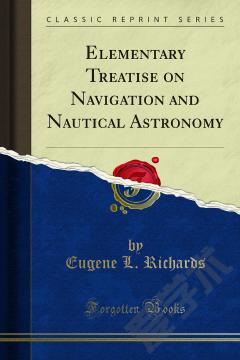
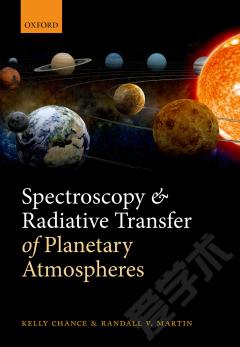

 京公网安备 11010802027623号
京公网安备 11010802027623号